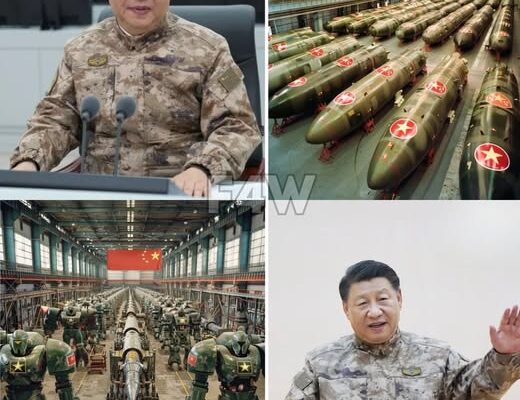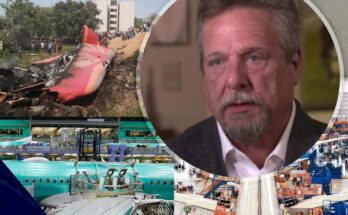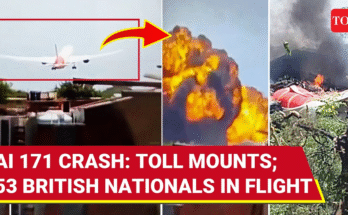In a development that has sent shockwaves across global political landscapes, China has announced the establishment of a new nuclear weapon factory, reportedly costing an astounding $50 billion. This monumental investment in nuclear capabilities has raised alarms among international observers and has sparked intense debates regarding global security and military strategy. The implications of this development are profound, not only for regional stability in Asia but for the entire world.
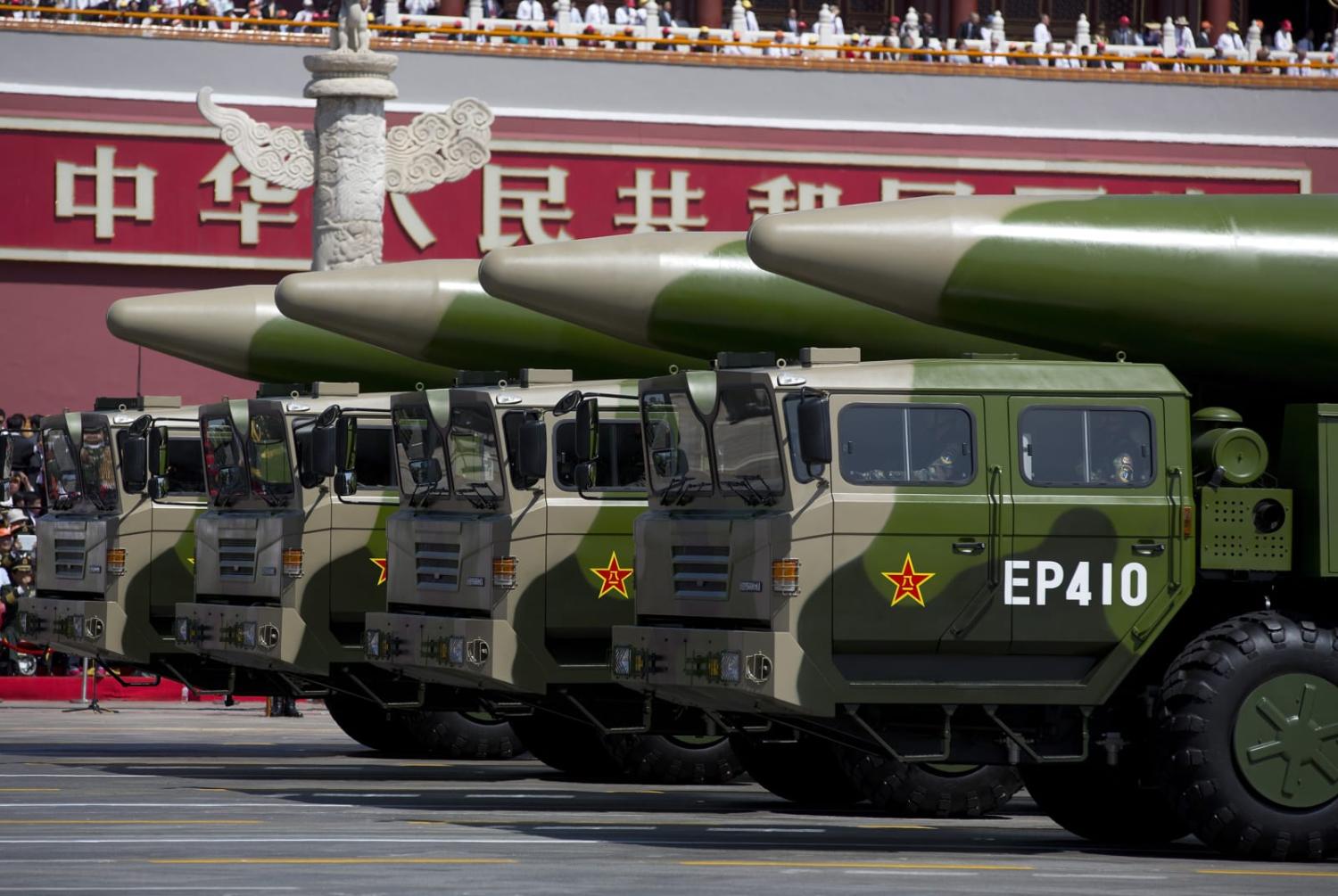
The announcement of the nuclear facility came during a period of heightened tensions between China and several Western nations, particularly the United States. As geopolitical rivalries intensify, China’s move to expand its nuclear arsenal is viewed as a strategic maneuver aimed at asserting its dominance in the Asia-Pacific region. With the ongoing disputes in the South China Sea and tensions over Taiwan, this factory represents a significant escalation in China’s military ambitions.
Analysts have pointed out that this nuclear facility is part of a broader trend of military modernization within China. Over the past few decades, the country has made substantial advancements in its military capabilities, including the development of advanced missile systems, stealth aircraft, and naval power. The establishment of a nuclear weapon factory is seen as a crucial step in enhancing its deterrence strategy, allowing China to not only bolster its existing arsenal but also to develop new and more sophisticated nuclear weapons.

International reactions to this announcement have been swift and varied. Countries in the Asia-Pacific region, particularly those with existing tensions with China, have expressed deep concerns about the potential for an arms race. Japan, South Korea, and India are among those closely monitoring China’s military developments, fearing that an increase in nuclear capabilities may destabilize the delicate balance of power in the region. The potential for miscalculation or conflict in such a charged environment is a legitimate concern, prompting calls for diplomatic dialogue and reassessment of defense strategies.
Moreover, this development challenges existing arms control frameworks. The Treaty on the Non-Proliferation of Nuclear Weapons (NPT), which aims to prevent the spread of nuclear weapons and promote disarmament, faces significant hurdles as nations like China bolster their arsenals. The global community must grapple with the repercussions of a rising nuclear power and the implications for international security agreements. The risk of a new arms race looms large if countries feel compelled to respond to China’s nuclear advancements with their own military enhancements.
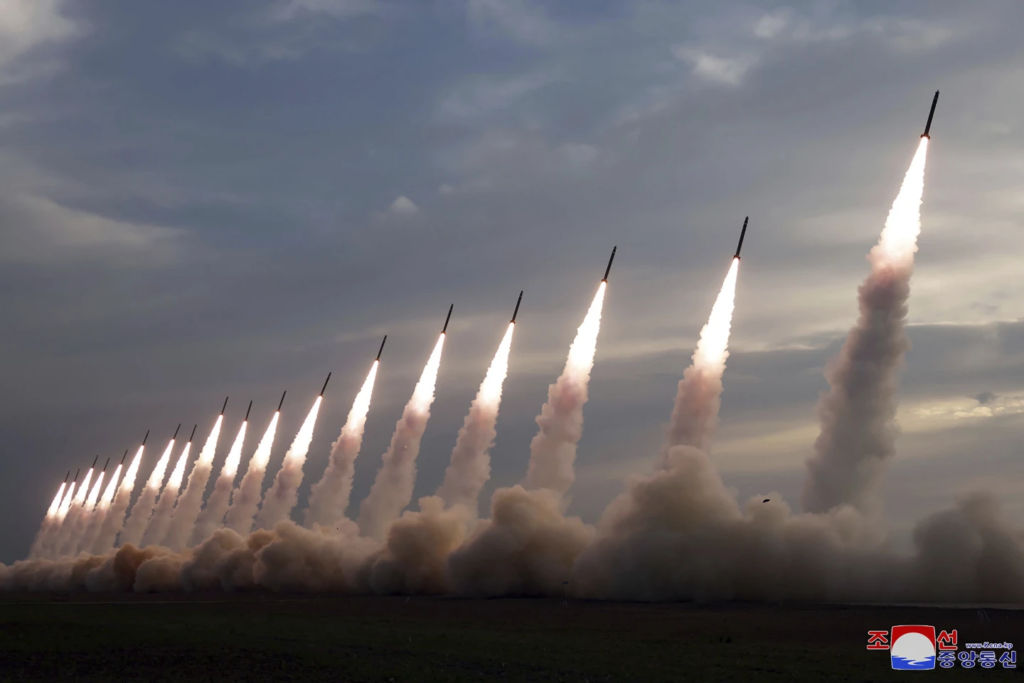
In response to these developments, the United States and its allies have signaled their commitment to maintaining a robust defense posture in the face of China’s growing military capabilities. Increased military exercises and enhanced cooperation among allies are likely to be part of the strategy to counterbalance China’s nuclear ambitions. However, this approach also runs the risk of escalating tensions further, creating a cycle of military build-up that could have dire consequences.
In conclusion, China’s $50 billion nuclear weapon factory represents a pivotal moment in global security dynamics. As the world watches closely, the implications of this development extend far beyond the borders of China. The potential for an arms race, the challenges to existing arms control agreements, and the need for diplomatic engagement all underscore the complexities of navigating this new era of military competition. As nations grapple with these realities, the hope remains that dialogue and cooperation will prevail over conflict, fostering a more stable and secure world for future generations.
